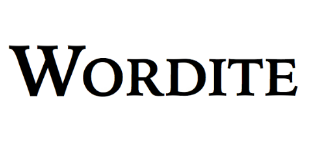Adjective
(
en-adj)
(archaic) permissible, permitted; allowable, allowed
:* {{quote-book
|year=c1500
|year_published=
2005' from ' 1905 reprint
|edition=HTML
|editor=
|author=Thomas Betson
|title=A Ryght Profytable Treatyse Compendiously Drawen Out Of Many and Dyvers Wrytynges Of Holy Men
|chapter=
citation
|genre=
|publisher=The Gutenberg Project
|isbn=
|page=
|passage=That thynge is not
lefull' to be seen / yt is not ' lefull to be desyred.
}}
:* {{quote-book
|year=1563
|year_published=
2008
|edition=HTML
|editor=
|author=Richard Rainolde
|title=A booke called the Foundacion of Rhetorike
|chapter=
citation
|genre=
|publisher=
|isbn=
|page=
|passage=:
Quid saluum esse poterit si licet furari , what can be safe, if thefte bee
lefull or tolerated.
}}
:* {{quote-book
|year=1902
|year_published=
2007
|edition=HTML
|editor=
|author=William F. Dawson
|title=Christmas, It's Origins and Associations
|chapter=
citation
|genre=
|publisher=The Gutenberg Project
|isbn=
|page=92
|passage=Another book well known to bibliomaniacs ("Dives and Pauper," ed. W. de Worde; 1496) says: "For to represente in playnge at Crystmasse herodes and the thre kynges and other processes of the gospelles both then and at Ester and other tymes also it is
lefull and c?mendable."
}}
